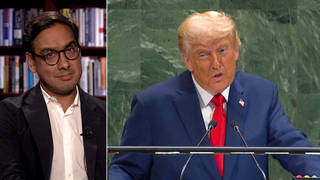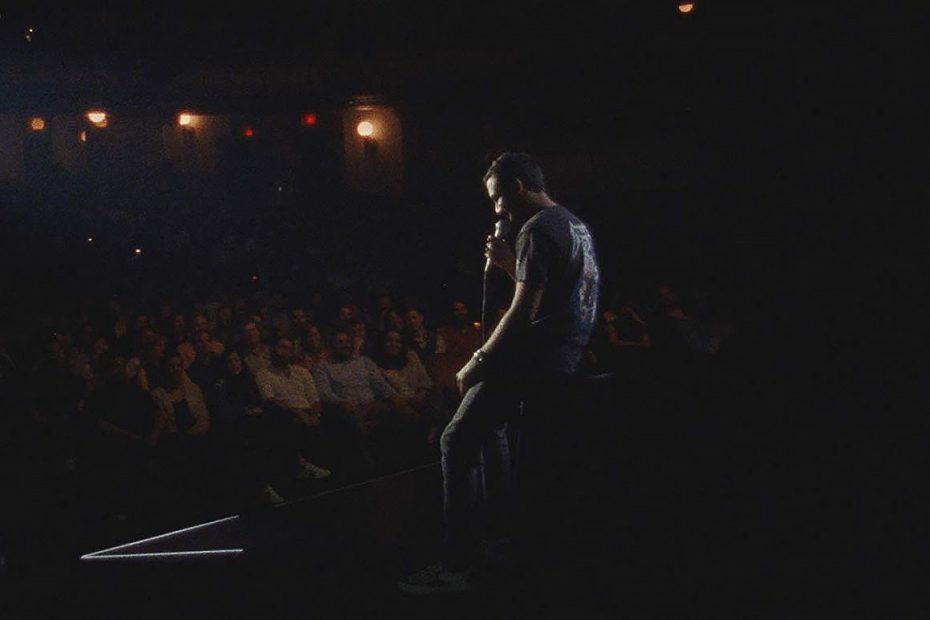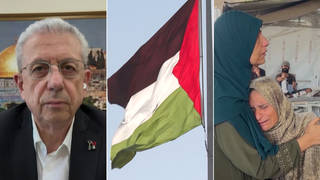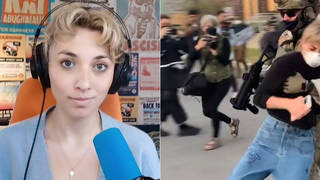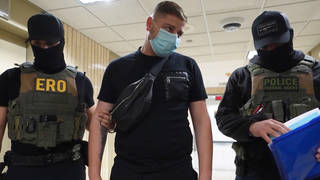“Science Under Siege”: Dr. Peter Hotez on Trump, Tylenol & Autism
President Trump is promoting unproven claims that both vaccines and the common painkiller acetaminophen, also known as paracetamol or by the brand name Tylenol, cause autism. Trump’s recent anti-vaccine and anti-autism stances have been influenced by his Health and Human Services Secretary Robert F. Kennedy Jr., a longtime anti-vaccine activist who unsuccessfully ran for president himself before throwing his support behind Trump’s reelection campaign.


